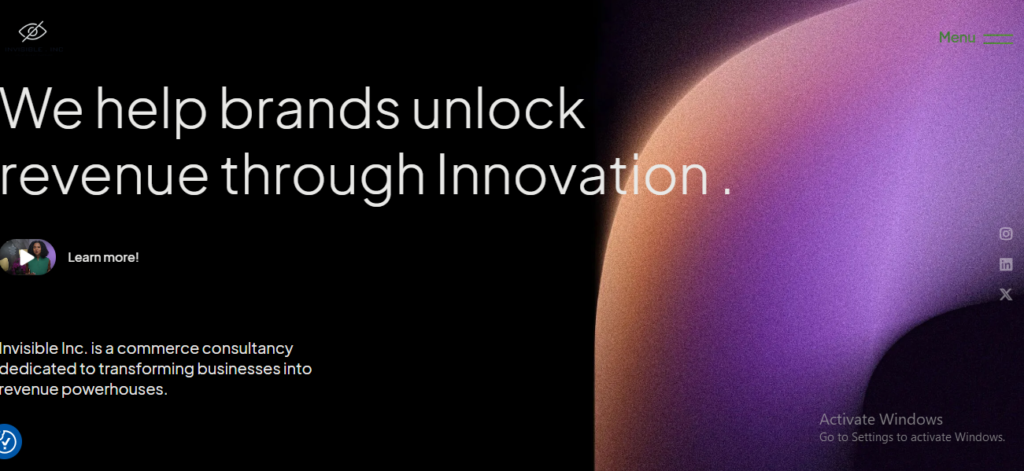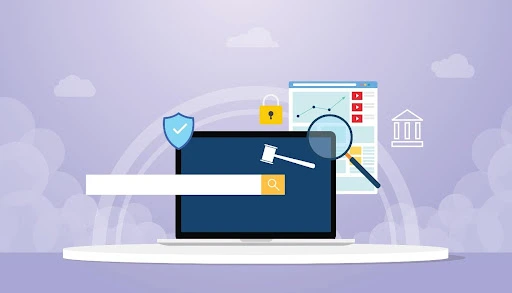In today’s digital world, websites are essential tools for businesses of all sizes. But when it comes to accounting, how do you treat the costs of developing a website? Should it be considered an asset or an expense? Understanding this can significantly impact your financial strategy and overall financial statements. Let’s dive in.
Understanding Assets vs. Expenses
Before we jump into the details, it’s important to understand the key difference between assets and expenses.
- Expenses: These are costs incurred in the process of earning revenue. They are short-term and reduce your profit for the current period.
- Assets: These are resources that bring future economic benefits. They are investments that can generate income over time, like equipment or a building.
Development Costs: Assets or Expenses?
Website development costs can be tricky to categorize. Traditionally, these costs were treated as expenses because websites were seen as short-lived tools, much like advertising campaigns. However, the landscape has changed, and many companies now treat websites as long-term investments.
Criteria for Capitalizing Website Development Costs
So, how do you know if your website costs can be capitalized (treated as an asset)? Let’s break it down.
Research Stage
During the research stage of website creation, businesses explore possibilities and develop initial plans. Costs incurred here, such as market research or feasibility studies, are usually expensed. This stage doesn’t directly generate future benefits.
Development Stage
This is where the magic happens. If you’re building the actual website—designing, programming, creating content, etc.—you may be able to capitalize these costs. These costs are expected to provide future economic benefits, so they are treated as assets on your balance sheet.
Post-Development Stage
Once your website is up and running, any further costs are typically seen as maintenance expenses. These are routine costs that help keep the website functioning but don’t necessarily extend its life or value.
Maintenance Costs: Expense Recognition
When it comes to maintaining your website, it’s crucial to distinguish between routine maintenance and significant enhancements.
Routine Maintenance
Day-to-day updates, bug fixes, or minor improvements? These are all considered expenses. They help keep your website running but don’t add long-term value.
Significant Enhancements
If you’re investing in a major website overhaul that adds new features or extends its life significantly, you could be looking at capitalizable costs. These types of enhancements may be considered assets because they provide future economic benefits.
Profit and Loss Expense Recognition for Website Costs
For any costs that are expensed (like routine maintenance or research), they will show up on your income statement as part of your expenses for that period. This reduces your profit for the year, but it reflects the immediate use of those resources.
Assets Criteria for Website Costs
If you capitalize website costs, they show up on your balance sheet as assets. You’ll then amortize (spread out) these costs over several years, reflecting the long-term value the website provides.
Website Costs: UK GAAP & IFRS
Different accounting frameworks have their own rules. Let’s look at how website costs are treated under UK GAAP (Generally Accepted Accounting Principles) and IFRS (International Financial Reporting Standards).
IFRS (International Financial Reporting Standards)
Under IFRS, website costs can generally be capitalized if they meet the criteria for an asset. However, the standards emphasize that future economic benefits must be clearly identifiable. If not, the costs should be expensed.
Key Differences
While both UK GAAP and IFRS allow for capitalization, the specific rules and interpretation may differ. It’s always a good idea to consult your accountant for guidance based on your specific situation.
Conclusion
Whether you treat website development costs as an asset or an expense depends on the nature of the costs and how your business expects to benefit from them. For long-term projects, capitalizing those costs might make more sense, allowing you to spread the expenses over time and improve your balance sheet. On the other hand, if the costs are routine or maintenance-related, expensing them is the right approach.
Seeking Direction or Exploring Opportunities?
Need advice on how to treat your website development costs? We’re here to help. Contact us for a consultation and learn more about how we can assist with your business’s online and financial strategy.





